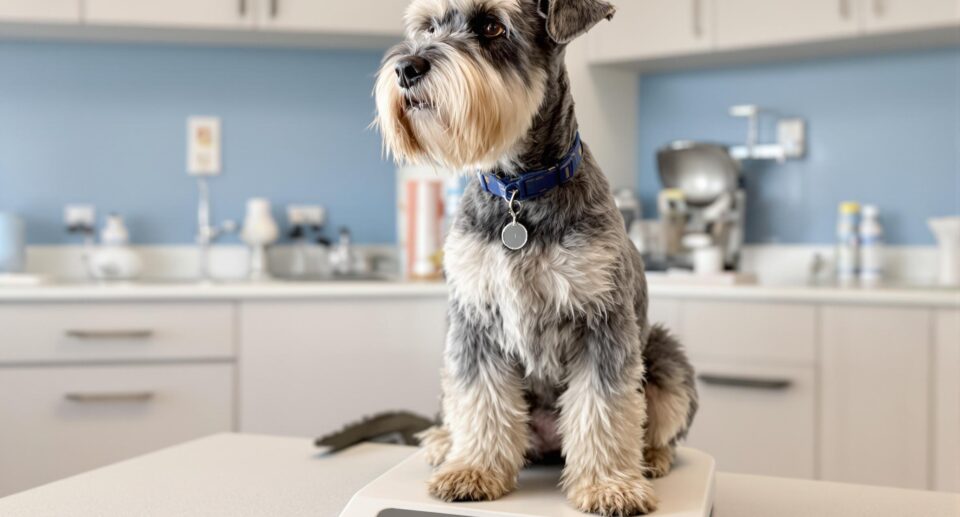
Key Takeaways
- Understanding the cause of your dog’s shaking, whether due to excitement, anxiety, or medical issues, is crucial for providing the right care.
- Certain breeds naturally shake more frequently, but persistent or unusual shaking may indicate stress, medical conditions, or exposure to toxins, warranting veterinary attention.
- Preventative measures can help minimize shaking and support your dog’s well-being.
Noticing your dog shaking can be unsettling, especially when you are not sure why it is happening. While occasional trembling is usually nothing to worry about, anxiety-related shaking is common, especially during loud events like thunderstorms or fireworks. Knowing what to look for means you can offer comfort and support when your dog is feeling stressed or uneasy.
When your dog trembles, it may indicate various underlying causes, ranging from simple environmental responses to health-related concerns. Dogs experiencing anxiety might shake in response to loud noises, while others may display similar behavior due to underlying medical conditions. Here at PetHealthMD, we help you understand these health signals and guide you toward the proper care solutions for your dog’s well-being.
Exploring Common Causes of Dog Shaking
Understanding the different reasons behind shaking can help you respond with care and know when it is time to check in with your vet.
Breed-Specific Shaking Behaviors
Some breeds naturally tremble more than others. Small dogs like Chihuahuas or Yorkshire Terriers are known for frequent shaking, often due to their fast metabolism and small size. But even larger breeds might tremble during exciting or stressful moments. Observing when and how your dog shakes can help you better understand their patterns and comfort them when needed.
Shaking as a Response to Stress
Trembling can also be a physical response to stress or discomfort. Thunderstorms, fireworks, vet visits, or new environments can all trigger anxiety-related shaking. If you notice your dog trembling in these situations, it is their way of letting you know they are feeling unsure or overwhelmed.
When Shaking Is Just Part of the Fun
Your dog might shake with excitement during play, at mealtime, or when greeting you after a long day. Shaking off after a bath or puddle splash is also completely natural. It is simply your dog’s way of drying off and regulating their body temperature.
Feeling a Chill Cold Can Trigger Shaking Too
Sometimes, shaking is your dog’s way of staying warm. Smaller breeds, dogs with thin coats, and older pets are especially sensitive to cooler temperatures. If your dog is trembling after being outside in the cold or lying on a chilly floor, they may just need a cozy blanket or sweater.
When Shaking Might Mean Something More
Most of the time, shaking is nothing to worry about, but sometimes it is your dog’s way of saying something is not quite right.
Shaking as a Sign of Pain or Discomfort
Dogs can be surprisingly good at hiding pain. Signs like trembling, panting, or flinching when touched can be telling. If your dog moves more slowly, avoids stairs, or just seems off, a vet visit is a good idea.
Underlying Medical Conditions
Certain neurological conditions, muscle disorders, or illnesses can lead to involuntary tremors. Allergies or skin irritation might also play a role. Tremors can also result from toxin exposure. If you suspect your dog may have ingested something poisonous, contact your vet immediately.
Tracking Your Dog’s Shaking Patterns
If your dog shakes often, note when it happens, how long it lasts, and what they were doing beforehand. These details help your vet identify the cause and recommend treatment.
If shaking is frequent in calm settings, it may be a sign of chronic stress or anxiety. Your vet can guide you toward calming aids or behavior support strategies.
Preventative Measures to Minimize Dog Shaking
Your dog’s comfort and health start with simple daily choices. Here are ways to support them:
- Set up a warm, comfortable area for your dog, particularly if they are a small breed or have thin fur.
- Schedule veterinary check-ups to spot early signs of discomfort.
- Build a gentle daily rhythm with exercise, meals, and quiet time.
- Provide a balanced diet rich in nutrients.
- Keep your pup cozy after water exposure.
- Create peaceful spaces during challenging moments.
For additional support, explore calming products and wellness essentials at PetMeds.
Frequently Asked Questions About Dog Shaking
Could My Dog Be Shaking from Low Blood Sugar
Yes, especially in smaller breeds or puppies. If your dog also seems weak or disoriented, give them a small amount of food and contact your vet.
Is Shaking Ever a Sign of Old Age in Dogs
Older dogs may shake more often due to age-related muscle or nerve changes. However, it can also signal arthritis or other health issues.
What Immediate Steps Should I Take if My Dog Starts Shaking Unexpectedly
Move your pup to a quiet, warm space and check for signs of injury. Contact your veterinarian if symptoms persist or seem severe.
How Can Diet and Supplements Help Reduce Anxiety-Related Shaking
A balanced diet rich in B-vitamins, omega-3 fatty acids, and magnesium can support your dog’s nervous system. Calming supplements may help, but always consult your veterinarian first.
Know When to Pause, Observe, and Call Your Vet
Shaking can mean excitement, cold, stress, or something that needs closer attention. Staying aware of timing and context helps you support your dog’s comfort and well-being. If something feels off, your veterinarian is the best resource.
For everyday support, PetMeds offers calming aids, health essentials, and trusted products delivered right to your door.





